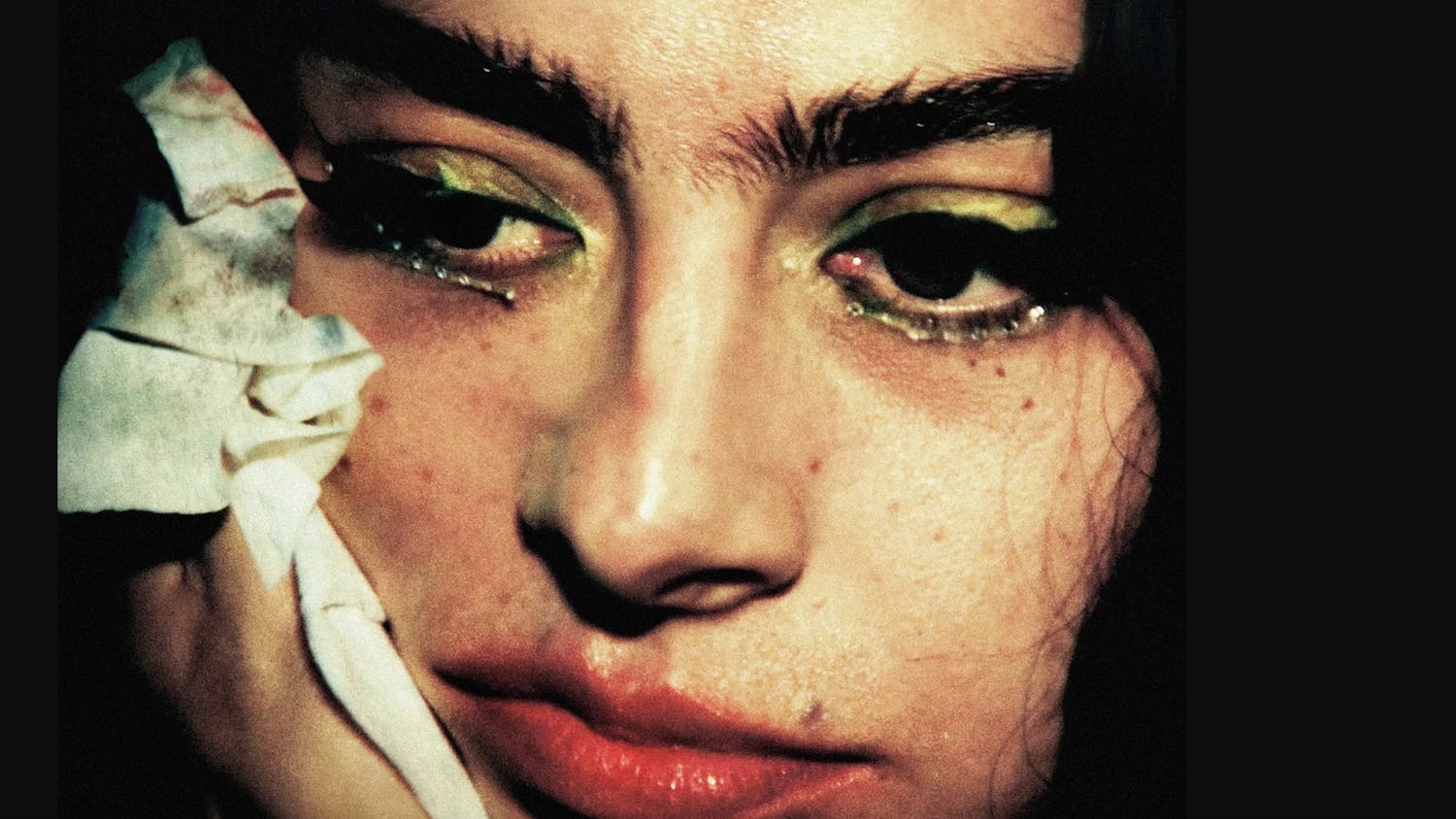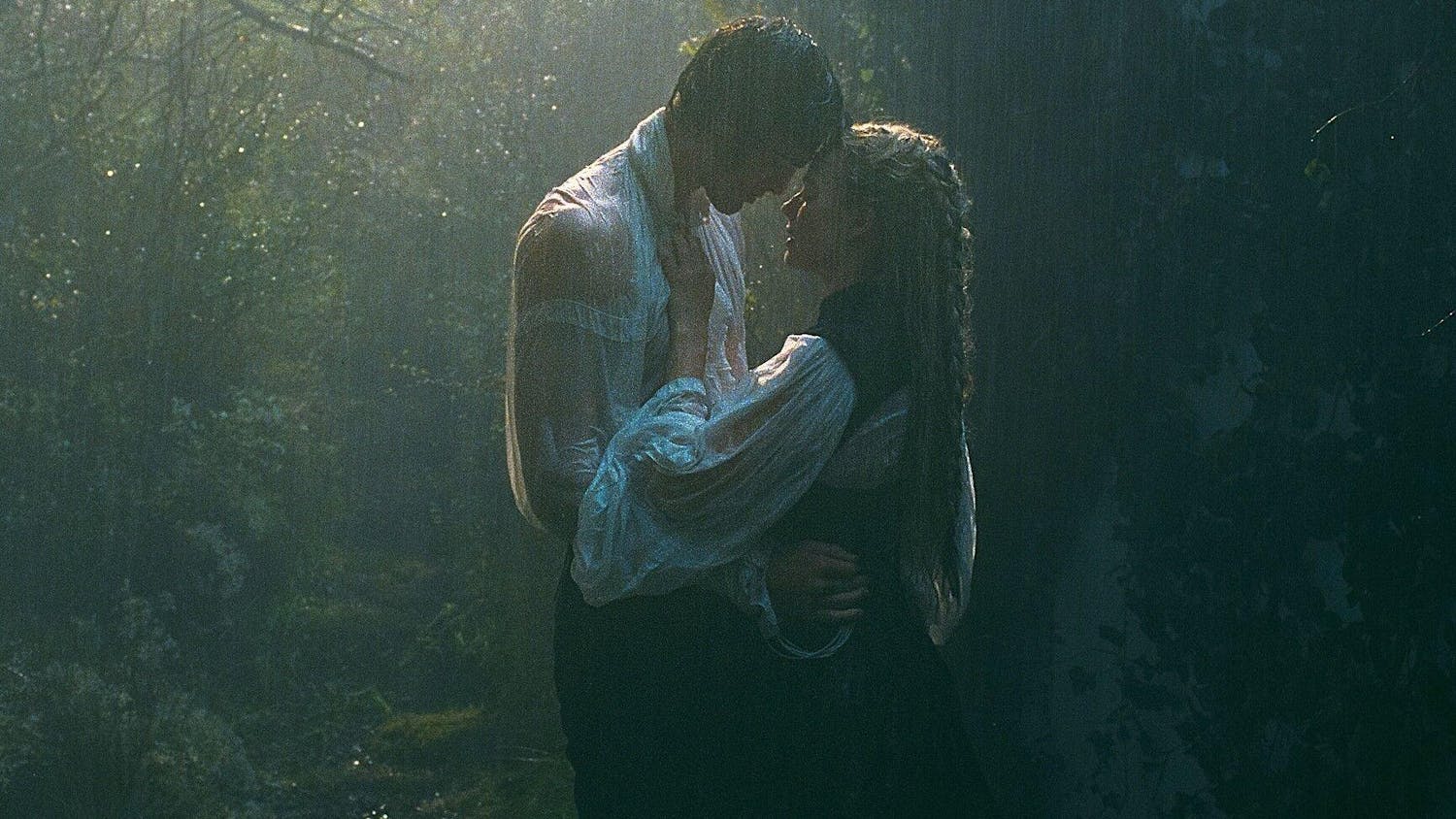The first David Lynch movie I ever saw was Mulholland Drive, when my sister and I picked it for a movie night. I had heard of it as a kind of culturally important film, but I wasn’t prepared for how much it would affect me. It was so unsettling that I felt fear through my whole body, tensing every time the score ramped up, dreading why Rita was almost assassinated and wondering who might be after her now. Like most people, I didn’t fully understand the movie on my first watch, but on my second watch, I just cried and cried at the Club Silencio scene. It’s one of the most emotionally impactful films I’ve ever seen and one of the few to invoke a real, visceral reaction in me. In the wake of the great David Lynch’s death in January, I, and many others, have been moved to further explore his work, viewing his films that we hadn’t watched before or reflecting on the ones we already had.
If you’ve never seen surrealist film before, you’ll never forget your first Lynch. I’ve polled my family, friends, friends-of-friends, professors and strangers, and here’s what they remember about their firsts.
Alexandra Asack (Wellesley ’24): When I was sixteen, I started watching Twin Peaks, nearly twenty years after it first aired. Since then, the program has stayed with me, rattling around in my memory. This show was my first experience with surrealism in television and cinema, and completely changed the way I engage with art. Watching David Lynch helped me understand that television could be art. Lynch’s aesthetic of filmmaking taught me that beauty need not be comfortable or safe, nor need it make sense. Since his passing, I’ve been watching more of his work and reading interviews he gave. Lynch once wrote that “if one looks a little closer at this beautiful world, there are always red ants underneath.” He inspires a similar curiosity and care in those who watch his work.
Kristin Frazzetta: I watched Twin Peaks with my parents when it came out. I was 14. We had one TV, so we all watched the same shows. I remember it was like watching Dorothy walk into Oz. It was stunning and way too beautiful to be television.
Gus Dupin (Cornell ’26) on watching Mulholland Drive: I felt so confused, but I was also shocked by how it was not a frustrating confusion. I didn’t feel confused because something was done poorly or there was a hard-to-grasp subject. The confusion didn’t take away from the movie, it just made it more intriguing.
J. Ellen Gainor (Professor in Cornell’s Department of Media and Performing Arts): My husband and I were completely obsessed with Twin Peaks, and when that show was on, we religiously blocked those nights and that time period so that we could be home to watch every single episode. We were just riveted by the story, absolutely blown away by the design, performances were surreal and we became huge devotees of that program and his work. We've gone back, we've watched it again and still just feel it's one of the most unique and incredibly impactful television series ever.
Jordan Scherr (Cornell ’26): The first time I watched a David Lynch movie was when I watched Blue Velvet with my brother. What was so interesting about that experience is that he and I came away from the movie with entirely different impressions, understandings of the moral dogmas and turpitudes and even interpretations of fundamental plot points. One thing we agreed on though: it was gnarly.
Ben Horner: I remember I was a kid when Twin Peaks was on and how popular it was. My parents watched it, and when they had adult friends over they'd talk about it. It felt like it was a huge thing, but I only saw it if I snuck in the room; it's not really for kids. I think it was during college that I sat down and watched it. It was my first year of college when Mulholland Drive was released. I saw that in the theater, and I think I'd seen a couple Lynches, but that was the first one that was like “oh my God, what is this?” and I started seeking his stuff out.
Josh Scherr (Rutgers ’27) on watching Blue Velvet: It’s like if there was a cute 80s movie that made perfect sense and was completely normal, but then it all got scrambled in non-chronological order with a weird hidden plot making its way in at the same time. And also the whole thing might be a dream and nothing makes sense, but it’s all actually real and makes perfect sense.
Madeline Fox (Rutgers ’26): The first time I saw a David Lynch movie was on a whim. I went alone to a pretty crowded screening of Inland Empire, Lynch’s last feature film before his death. I still couldn’t tell you exactly what it was about, and I cite that experience as one of the most confusing and terrifying I’ve had in a theater. I remember thinking that I was watching something really great, even though I couldn’t exactly pinpoint what it was I was watching. The movie is shot on what looks like a super low quality camera, the actors are all super sweaty and captured at unflattering and unnerving angles. I thought the whole thing was one of the most incredible movie watching experiences I’ve had.
If you’ve never seen one of his films, I hope that you can glean from these responses that watching a David Lynch will be like nothing you’ve ever seen before. The way he saw the world and interpreted it on screen was entirely singular. When you watch his movies, you can’t try to understand them, you can only experience them. You have to give into the confusion, the surrealism and the dreaminess — the Lynchian-ness — completely. Rest in peace, David Lynch.
Chloe Asack is a junior in the College of Arts and Sciences. She can be reached at casack@cornellsun.com.

Chloe Asack is a member of the Class of 2026 in the College of Arts and Sciences. She is a staff writer for the Arts & Culture department and can be reached at casack@cornellsun.com.











